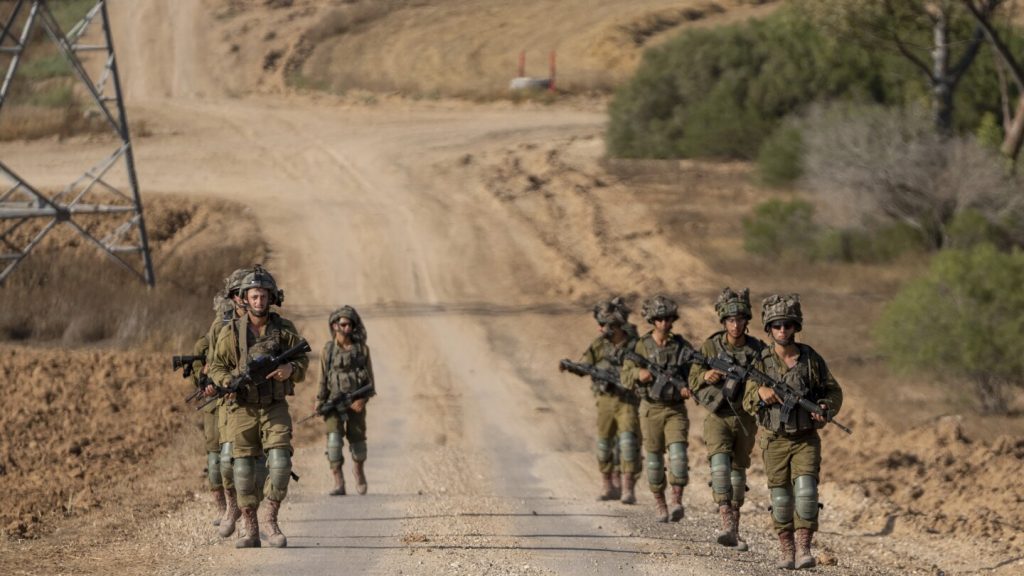U.S. President Joe Biden stated that he does not expect to reach a cease-fire deal for Gaza in the near future, as neither Israel nor Hamas have fully embraced the American-backed proposal. The international community, including leaders at the Group of Seven summit, discussed the cease-fire, but no deal is imminent. Hamas has responded to the proposal with changes aimed at securing a permanent cease-fire and complete Israeli troop withdrawal from Gaza. While the proposal announced by Biden includes these provisions, there is wariness from Hamas regarding Israel’s commitment to implementing the terms. The goal is to bridge the remaining gaps and reach a deal, according to U.S. national security adviser Jake Sullivan.
The conflict in Gaza has resulted in over 37,100 deaths, according to Gaza’s Health Ministry, with Palestinians facing hunger due to limited access to food, medicine, and supplies. The war was initiated by Israel in response to a Hamas attack that resulted in numerous casualties and abductions. The issue of the cease-fire remains unresolved, with questions about whether Hamas will agree to the terms despite submitting similar proposals. The current situation has created challenges for both Israelis and Palestinians, as they remain hopeful but cautious regarding the cease-fire plan.
In Lebanon, Hezbollah militants have launched rockets and drones against Israeli military posts for a second day in retaliation for the killing of a senior commander. The escalation along the Israel-Lebanon border comes as Israeli leaders threaten all-out war to silence Hezbollah’s attacks, while the militant group aims to pressure Israel during cease-fire negotiations in support of Hamas. The ongoing clashes have led to fatalities on both sides and displacement of civilians in the region.
The conflict has attracted international attention, with calls from Spain and Turkey for the global community to take action to end the war between Israel and Hamas in Gaza. Concerns have been raised about the potential for further escalation, with Iraq’s top diplomat expressing worry that Israel might intensify its military operations in Lebanon, leading to broader regional implications. Efforts are being made by mediators to reach a cease-fire deal, although challenges persist in bridging the gaps between the two conflicting parties.
Leaders such as U.S. Secretary of State Antony Blinken continue to work towards a cease-fire agreement, despite Hamas proposing changes to the plan that some deem workable while others are not. The mediation efforts involve key players such as Qatar, Egypt, and the U.S., with a focus on closing the deal to bring an end to the prolonged conflict. The cease-fire proposal includes provisions for a phased approach, including a temporary cease-fire, hostage exchange, and a permanent end to hostilities with withdrawal of troops and a reconstruction plan for Gaza. The negotiations remain complex, with uncertainties about the willingness of both sides to fully commit to the terms.
The situation in Gaza continues to be dire, with displaced Palestinians expressing weariness and frustration after enduring eight months of war. Displaced individuals in Gaza are cautiously hopeful for a cease-fire, although skepticism lingers due to past disappointments. The ongoing conflict has taken a toll on the population, with over a million people facing hunger and inadequate access to clean water. As efforts to reach a cease-fire persist, the voices of those affected by the conflict highlight the urgent need for a resolution to bring relief to the suffering population in Gaza.


